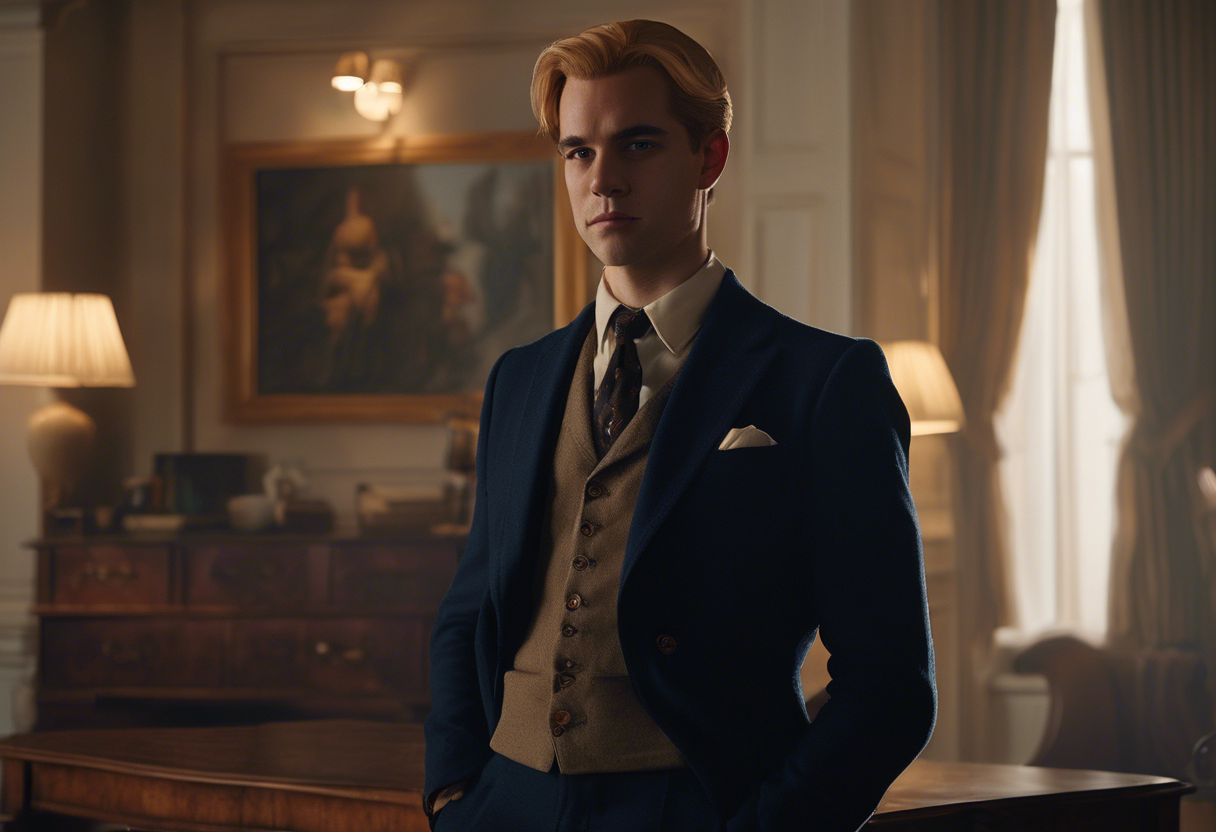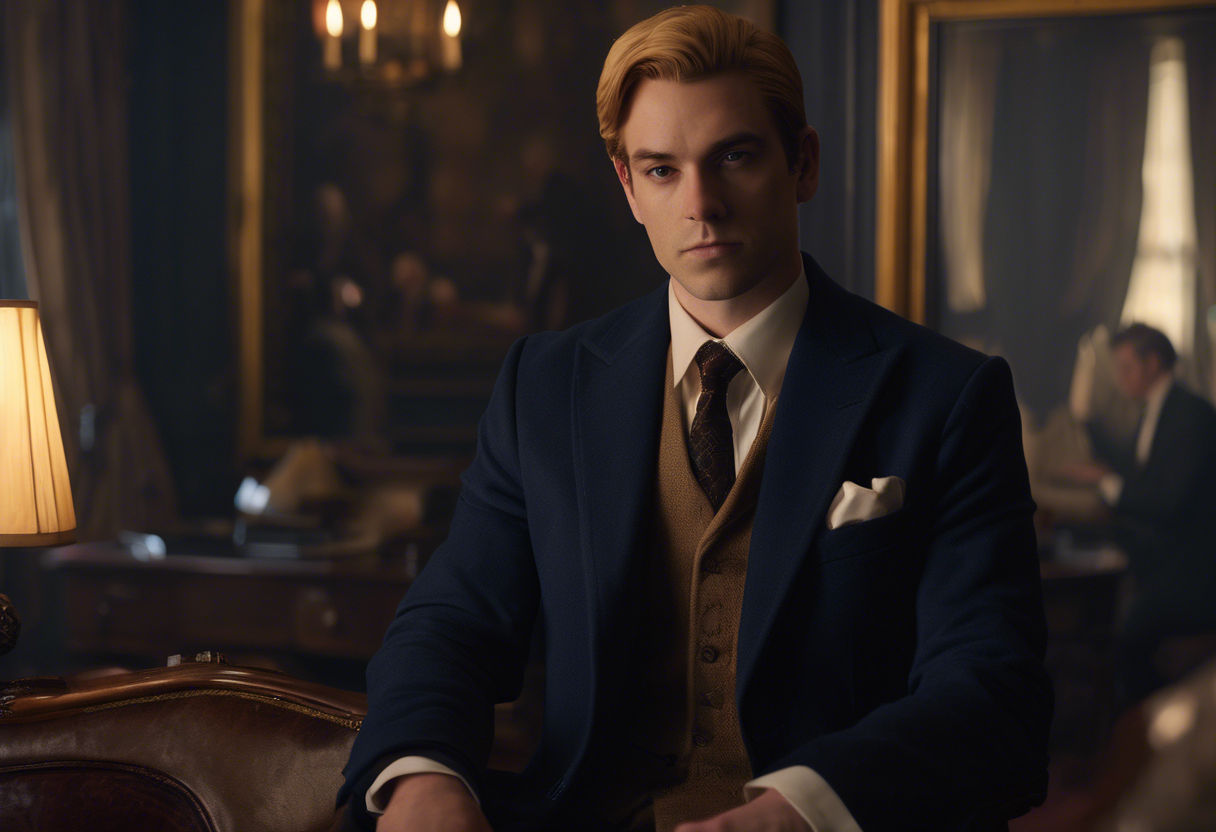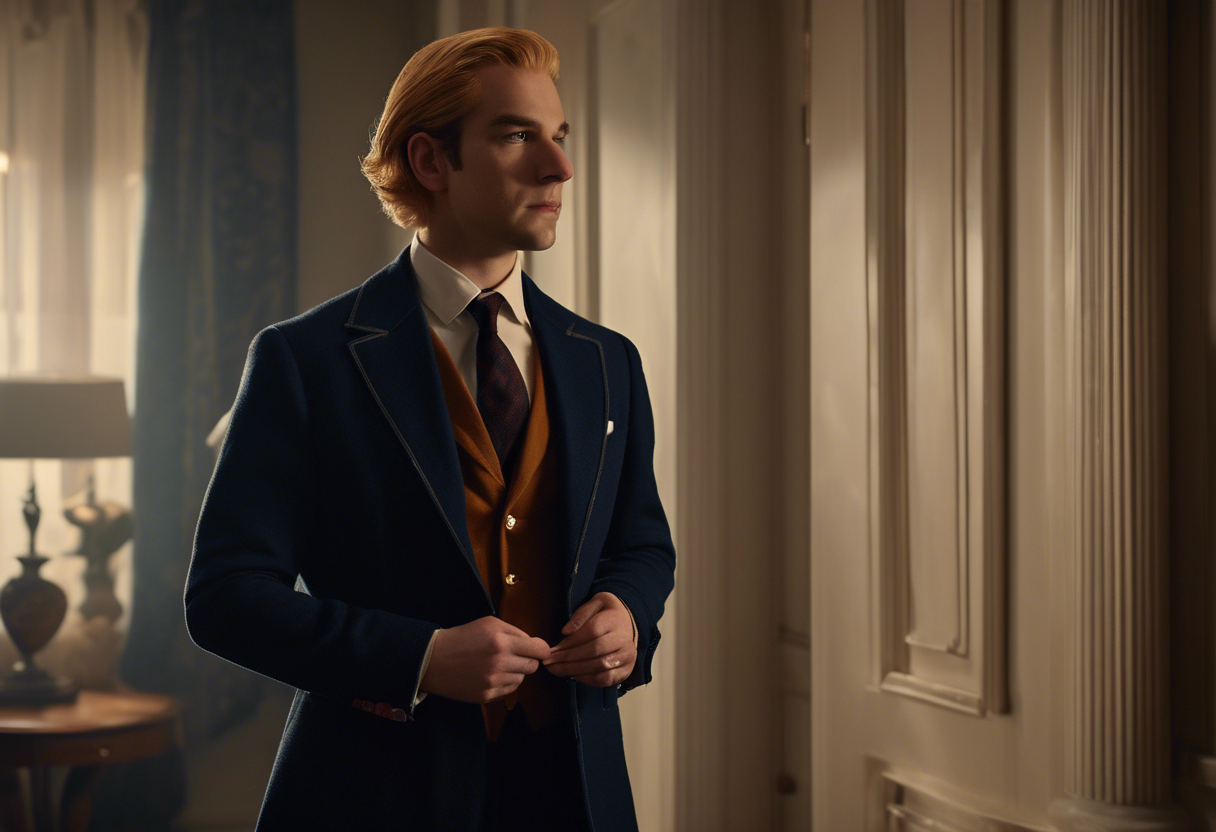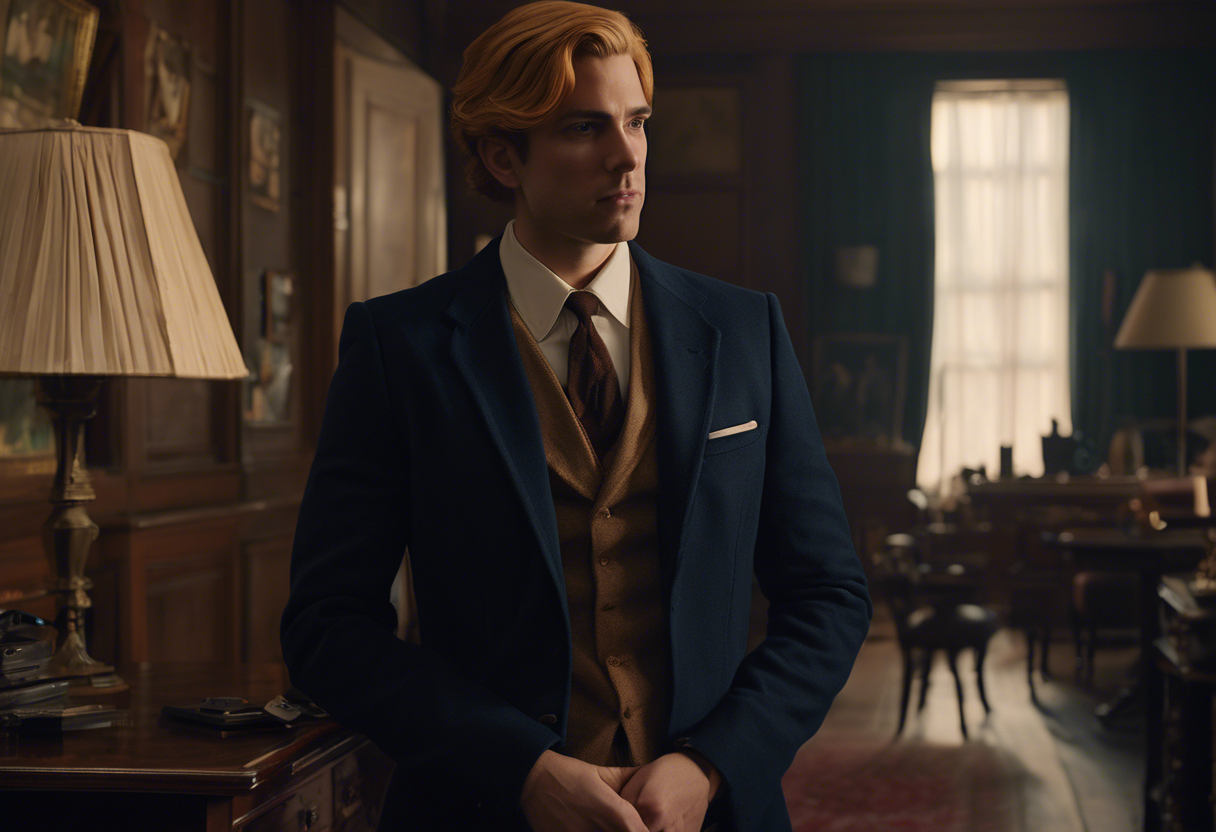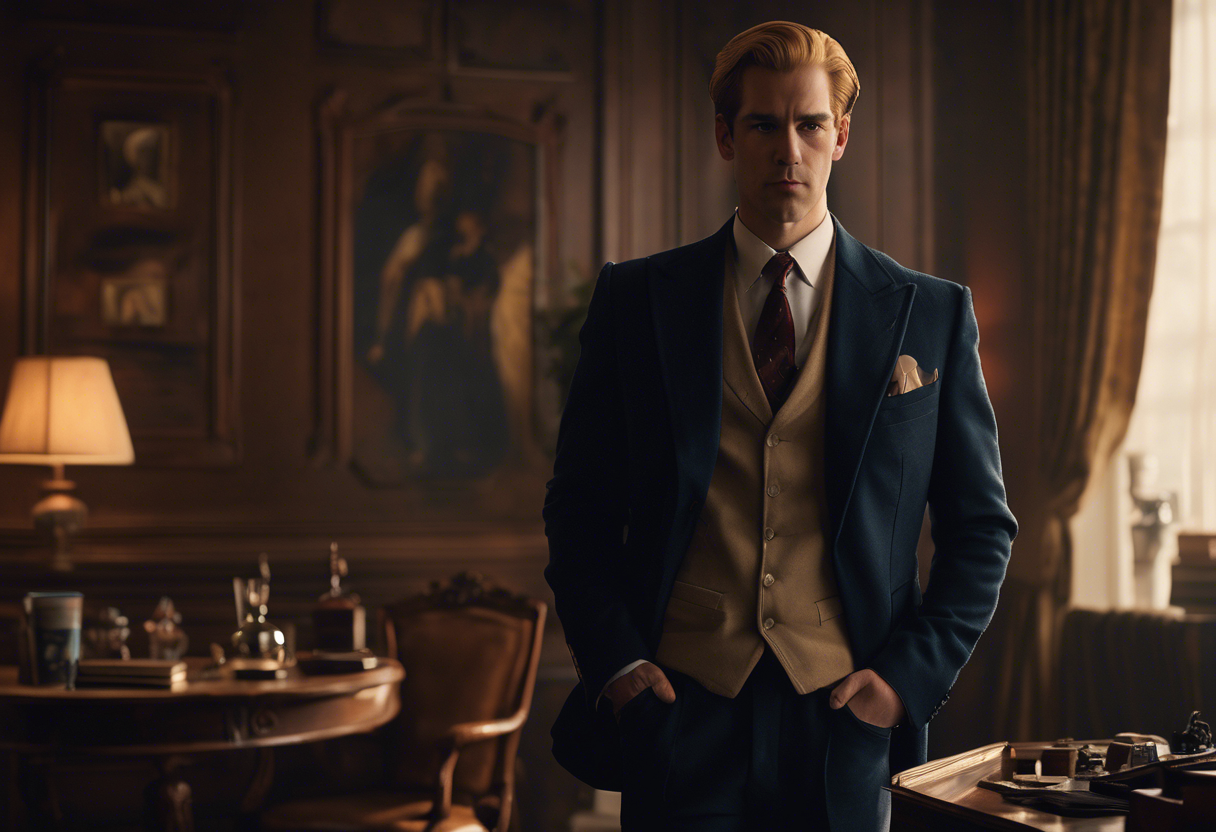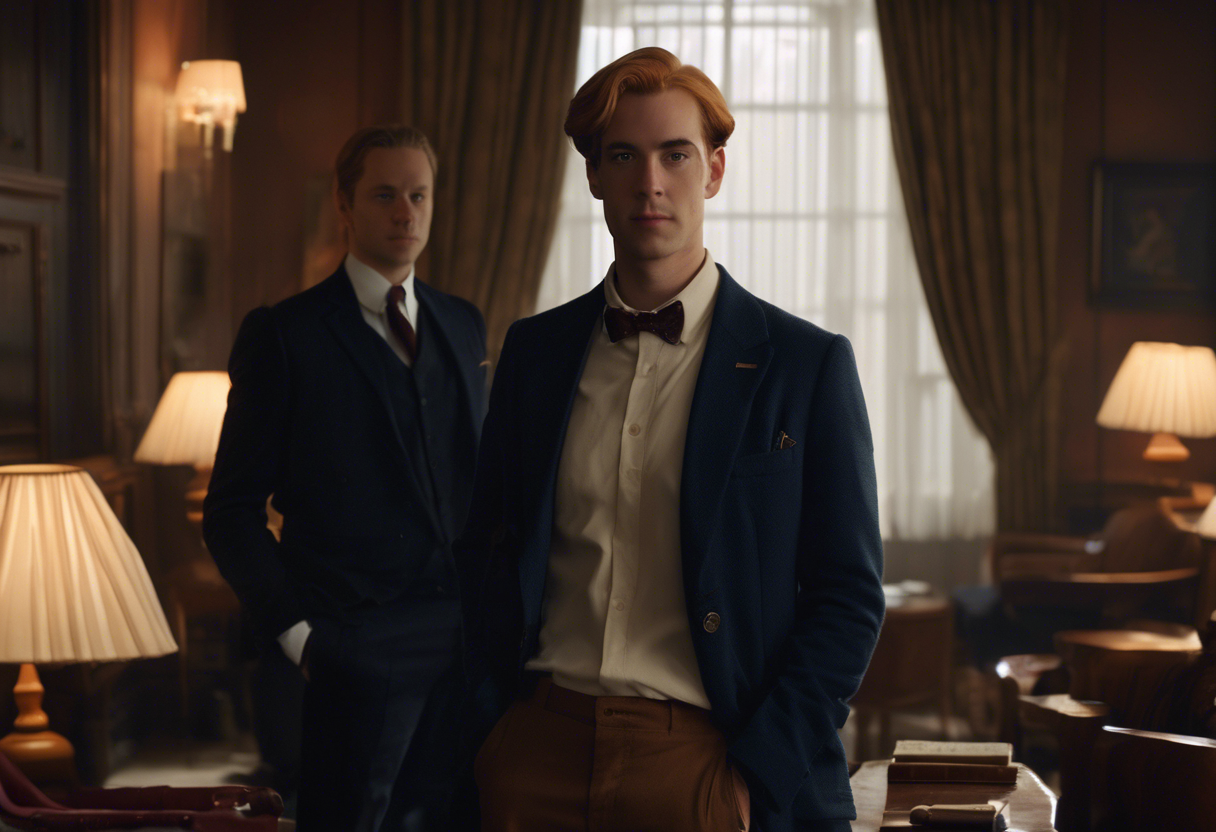Matt in The Queen’s Gambit: A Comprehensive Character Study
Introduction
Matt is a minor yet memorable character in Netflix’s acclaimed limited series The Queen’s Gambit (2020), portrayed by actor Matthew Dennis Lewis. In the series, Matt is one half of a pair of identical twin brothers, alongside his twin Mike, who share a special interest and skill in chess. Originating from a small town in New York, Matt and Mike embody the archetype of the earnest, intellectually gifted youth from humble beginnings, showcasing the dedication and social dynamics of competitive chess circles. Matt’s character, though secondary, plays a vital role in illustrating the broader community that surrounds Beth Harmon, the protagonist. This includes the social support and rivalries that shape her journey. His introduction adds to the realism and texture of the chess world depicted in the show, linking to familiar literary traditions of mentorship, friendship, and rivalry in coming-of-age narratives and sports dramas. Matt’s character thus symbolizes the collaborative yet competitive spirit embedded in chess culture and the social fabric of the 1960s America portrayed in the series.
Role in the Series
Matt, alongside his twin brother Mike, first appears as one of the young chess players whom Beth encounters during her rise in the chess world. Both brothers are competitive, sharp, and initially critical of Beth’s presence in their chess community. However, as the story progresses, Matt becomes an ally and supporter of Beth. Their relationship evolves from rivalry to respect, culminating near the series finale when Matt, Mike, and others, including key figures like Benny Watts and Harry Beltik, participate in a pivotal phone call from New York with Beth in Moscow. During this call, they assist Beth by strategizing moves against her formidable opponent Vasily Borgov. This moment underscores Matt’s role as not just a competitor but a friend and part of Beth’s extended chess family, symbolizing the growth of her social circle and support network from adversarial to collaborative. Through Matt’s journey and his interactions with Beth, the show highlights themes of camaraderie and collective intellect in the traditionally solitary pursuit of chess [1][3].
Character Analysis
Matt is characterized by his sharp mind and competitive nature, sharing much of his twin brother Mike’s traits, including intelligence and dedication to chess. His initial rivalry with Beth stems from a protective loyalty toward their own circle, yet he displays openness and humility as he gradually accepts Beth’s talents and place in the chess world. This development mirrors the broader narrative of acceptance and the breaking of gender norms within a male-dominated intellectual sport. Matt’s strengths lie in his analytical abilities and his camaraderie, which provide grounding and balance to Beth’s often intense and solitary personality. A notable flaw in Matt’s characterization could be his early skepticism towards Beth, reflecting societal biases that Beth frequently confronts. However, his transformation into a collaborator highlights his adaptability and growth, making him credible and relatable to the audience. His evolution underscores the importance of support systems and community in personal success and resilience [1][4].
Themes and Symbolism
Matt’s character embodies themes of competition, brotherhood, and the camaraderie within intellectual pursuits. Together with Mike, he symbolizes the duality of rivalry and friendship that permeates Beth’s world — competition that pushes individuals to excel but also the friendships that help them endure. Matt’s role in strategizing with Beth during her final match symbolizes the collective spirit behind what is often perceived as an individual’s triumph in chess. This collective aspect challenges the stereotype of the lone genius and highlights the interconnectedness of the chess community. Furthermore, Matt and Mike represent youthful dedication amidst the backdrop of 1960s America, with its undercurrents of social change and emerging spaces for women and minorities. By becoming part of Beth’s circle, Matt also symbolizes the breaking down of previously rigid social and gender barriers, which is a central theme in the series [1][3].
Cultural Impact
While Matt is a supporting character, he has garnered attention due to the charismatic portrayal by Matthew Dennis Lewis and the unique dynamic of the twin brothers Matt and Mike. The actors’ real-life twinship and shared background from rural New York add authenticity and charm to their roles. Fans of The Queen’s Gambit have appreciated the twin brothers’ chemistry and the representation of grassroots chess enthusiasts. The characters have been emblematic of the show’s attention to detail and casting, capturing the spirit of chess communities beyond the elite. Matt and Mike’s inclusion has helped depict the diversity of the chess world, inspiring interest in lesser-known facets of chess culture. Additionally, Matthew Dennis Lewis’s career growth following the role, including interviews discussing their experience and community pride, underscores how even secondary characters can resonate culturally and help spotlight local talent on a global stage [1][2][4].
Critical Reception
Though Matt is a minor character, critical response highlights the naturalistic and warmly portrayed twin dynamic as a welcomed addition to The Queen’s Gambit. Critics have noted the brothers’ role in humanizing the chess community, lending supportive accompaniment to Beth’s often lonely journey. Matthew Dennis Lewis’s performance, alongside his brother Russell Dennis Lewis (who plays Mike), has been praised for bringing warmth and earnestness to the narrative without overshadowing the central story. Some critical analyses emphasize that the twins’ presence reflects the series’ nuanced depiction of relationships in competitive environments. There have been no notable controversies surrounding Matt’s character, and his portrayal has been generally viewed positively both by viewers and reviewers for adding depth and breadth to the social world of the series [1][3][4].
Legacy
Matt’s character, while not the lead, contributes to the enduring appeal of The Queen’s Gambit by representing the often unseen but crucial community networks supporting individual success. His evolution from critic to collaborator parallels cultural themes of inclusion and mentorship significant in contemporary discussions about gender, competition, and intellectual pursuits. The depiction of Matt and his twin brother has inspired greater appreciation for the diverse backgrounds of chess players and encouraged exploration of collaborative dynamics within competitive settings. As The Queen’s Gambit continues to influence chess’s popularity worldwide, characters like Matt highlight the importance of friendship and mutual respect in the journey of mastery. This legacy reinforces how even supporting characters can embody powerful archetypes and inspire future storytelling that values community within individual excellence.

